Under the homeopathy one understands a treatment method from the alternative medicine, the main features of which were published in 1796 by the German doctor and writer Samuel Hahnemann.
What is homeopathy?

Basis of homeopathy is Hahnemann's assumption that similar things are cured by similar things, by which he meant that an effective drug causes symptoms similar to those of the illness it is able to cure in healthy people.
Numerous self and external experiments preceded this realization. The second important principle of homeopathy is potentization, that is: the finest dilution of the medication, which, according to Hahnemann, not only helps to reduce side effects, but also really brings the power of the active ingredients to unfold.
To this day, homeopathy is a popular healing method in alternative medicine and is used against a wide variety of symptoms.
Function, effect & goals
The list of diseases caused by homeopathy treatable is very long. Anemia, fatigue, mental disorders, cystitis or hemorrhoids: there is hardly a disease for which homeopathy has no antidotes. Homeopathy is also used in the area of positive behavior change, for example it has a supportive effect on smoking cessation or weight loss.
As a rule, several homeopathic preparations are even recommended for the same ailment. This is because, according to the rules of homeopathy, exactly the right remedy must be found, which not only depends on the respective disease, but also on the constitution and temperament of the patient.
In total, homeopathy has more than 250 individual active ingredients of mineral, animal or plant origin, which are used in different potencies depending on the area of application.
A basic distinction is made in homeopathy between low potencies (D 6 - D 12), medium potencies (D 13 - D 30) and high potencies (over D 30). Explanation: The respective number means the number of zeros of the respective degree of dilution. In a potency of 6 D, the active ingredient is diluted in a ratio of 1: 1,000,000.
In homeopathy, low potencies are mainly used for clearly physical complaints. If the remedies are to work on a physical and mental level, the middle potencies are recommended according to the rules of homeopathy. For a purely subtle effect, homeopathy uses high potencies, the correct selection and application of which requires a great deal of sensitivity.
Depending on whether it is an acute or chronic condition, the frequency of intake also changes, the possible range of which can range from once an hour to a single intake. Preparations from the field of homeopathy are taken as globules (small balls), tablets, drops or subcutaneous injections (syringes under the skin).
For external treatment according to the principles of homeopathy, remedies in the form of ointments are also available. If you are not sure which remedy is best in which form and potency, you should definitely ask an expert, as self-treatment with homeopathy is not so easy.
Side effects & dangers
Serious side effects are with the homeopathy not to be expected. An exception is the so-called initial aggravation, a short-term intensification of the symptoms of the disease, which is desirable in homeopathy because it indicates the beginning of the healing process.
However, it is not advisable to take only slightly diluted mother tinctures (up to potency D 4), which, however, no longer falls under homeopathy in the narrower sense, as the active ingredients can still be chemically detected in them. The dosage form of homeopathic remedies can also carry a risk that one should be aware of: The preparations usually contain alcohol in drop form, so they should not be taken by children or alcoholics.
The main danger of homeopathy lies in the timely recognition of its limits. Anyone who tries to treat acutely life-threatening illnesses such as a stroke or heart attack with homeopathy may lose valuable time. Even with severe infections or illnesses that are accompanied by a very high fever, one should not dare to experiment with homeopathy, but rather put oneself in the hands of a doctor. The same applies to all unclear complaints that persist over a long period of time and do not improve noticeably even with homeopathy.





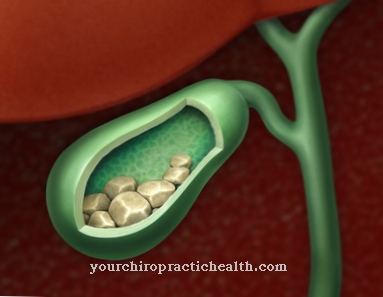



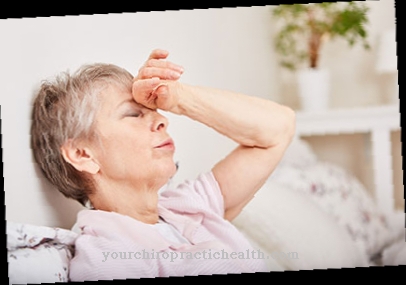


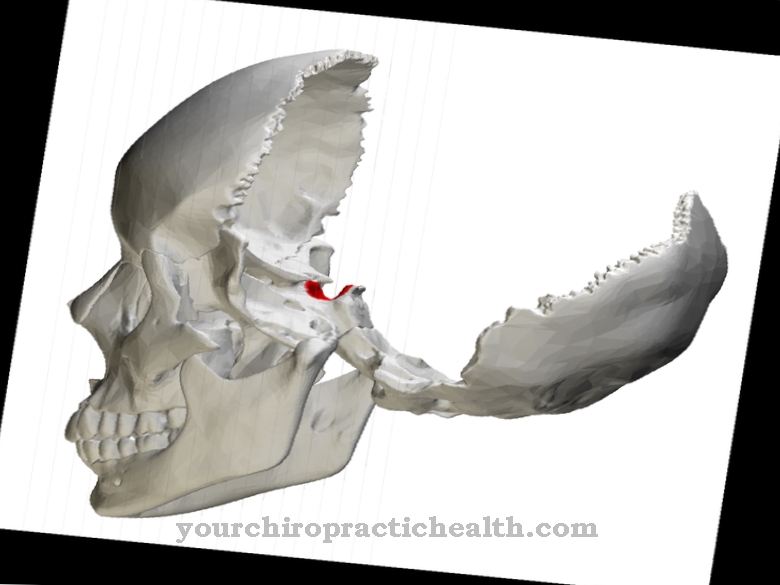



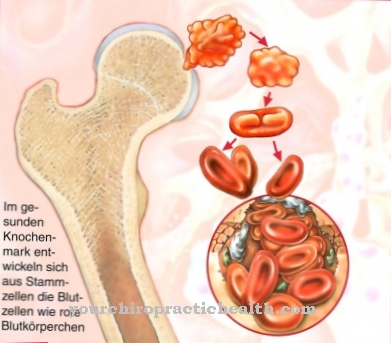


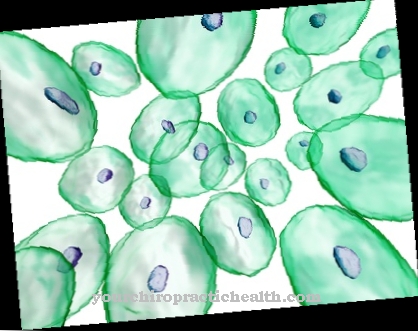
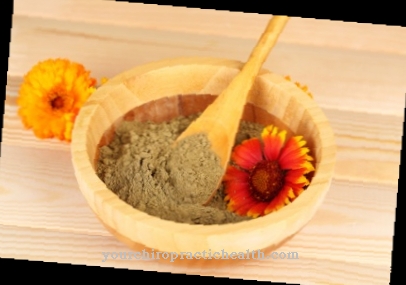
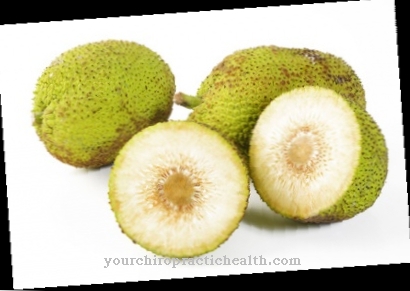



.jpg)

.jpg)
